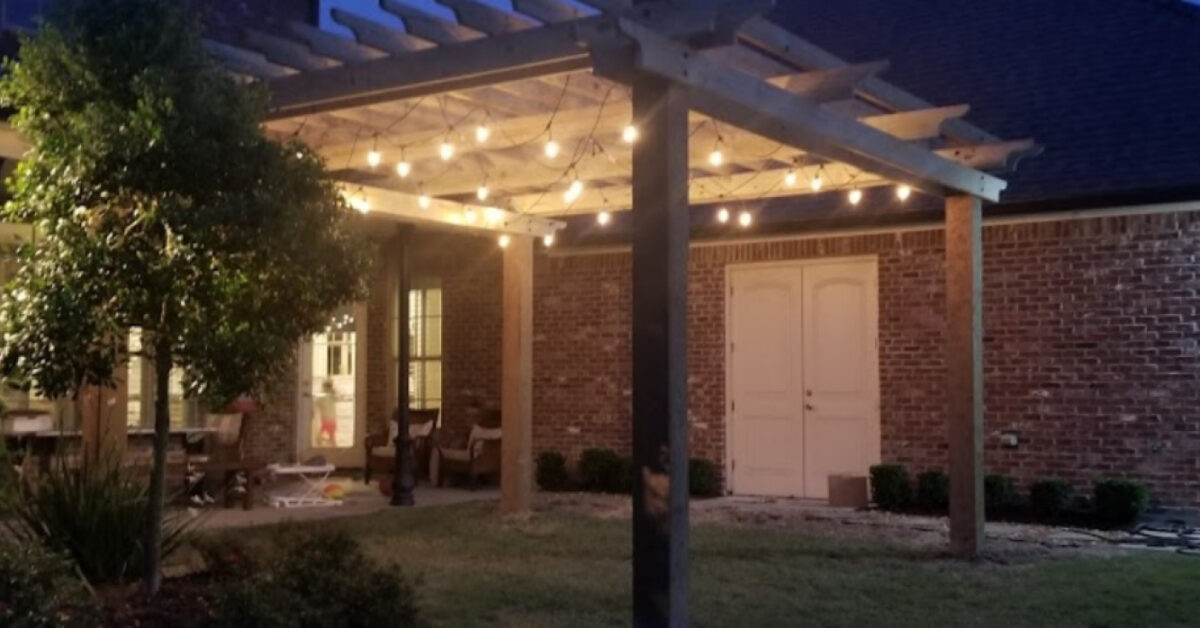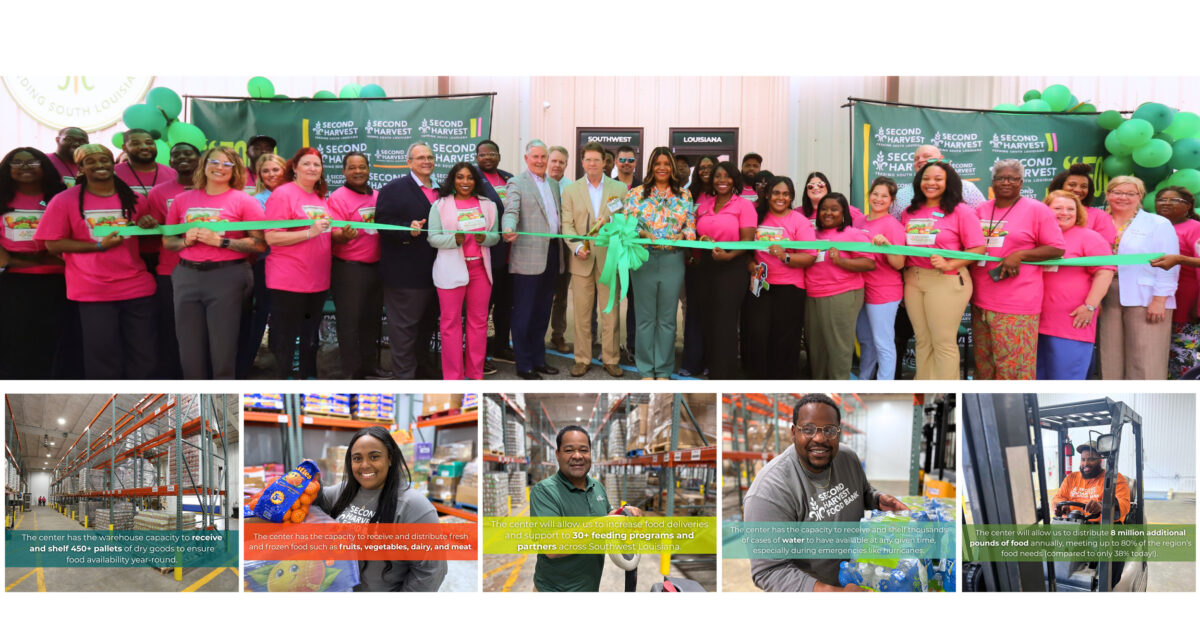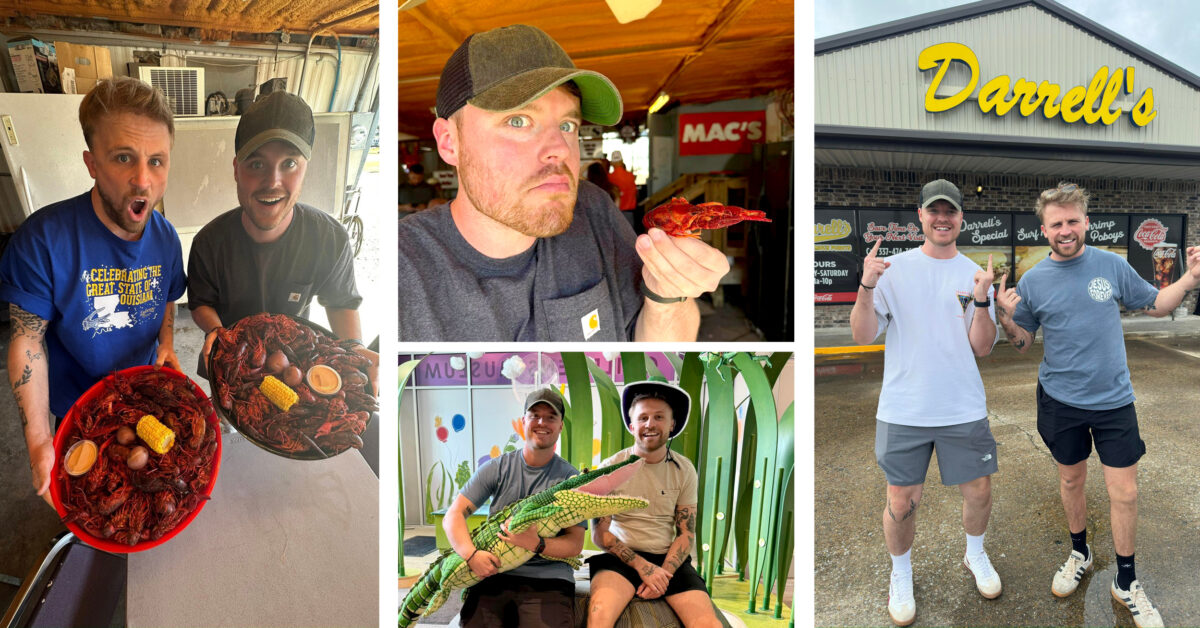
Catering to Canines
January 2022
2022 Travel Planner
January 2022by Angie Kay Dilmore
Benjamin Wild served in the U.S. Army from 1999 – 2012 in Iraq and Afghanistan. During that time, he navigated through a wide variety of military experiences. Armed with a background in nursing, he served as a combat medic. “I’d gone in as an E1 private and worked my way through the ranks,” says Wild. “I served with numerous different units, everything from armor and tanks to infantry. I’d gone to 10th Mountain, which is a light infantry air assault unit. I was stationed in Germany for a while and was there when 911 happened. As a result, I participated in the initial fight on the ground, Kuwait to Bagdad. I was involved with the first major battle for Fallujah and several other infamous battles. And then we just kept going back, and back, and back . . .”
Wild left the Army with full retirement as an E6 Staff Sergeant earlier than he expected to due to several combat injuries. “I hit a roadside bomb in 2003, then later I was hit by a mortar. Both caused traumatic brain injuries. I spent eight weeks in a rehabilitation hospital. My memory was affected. And I was no longer able to effectively lead troops in combat situations.”
Physical wounds are only one side of a soldier’s injuries. The psychological damages can be even more devastating and long term. “The Army does a great job of teaching you how to engage the enemy,” Wild says. “They don’t do such a great job at helping you know what to do when you get out of the military. And there was a long-standing stigma discouraging mental health care.”
Consequently, PTSD is pervasive for veterans. They deal with nightmares and flashbacks. They struggle with employment, relationships, drug and alcohol addictions, gambling. After laying their lives on the line for their country, they sometimes come home and ultimately find themselves unemployed or on the wrong side of the law. Since Sept. 11, 2001, over 30,000 veterans have died by suicide — four times more than the number of U.S. military personnel killed in combat in Iraq and Afghanistan. Approximately 22 American veterans commit suicide each day.
Wild, too, found civilian life difficult. He felt like he didn’t fit in. “I didn’t know how to talk to civilians. I had to learn that it is okay to smile at people and relax. I worked some jobs, had plenty of job offers, but the PTSD was debilitating. I was having a hard time with life. I had the skills and talent, but I didn’t know how to . . . function.”
Wild is one of the fortunate ones. With the help of an employment manager who became a mentor, Wild got his life together. “I had the opportunity to have someone look out for me. He gave me a new job and I rose through the company quickly. I so easily could have become a statistic.”
Six years ago, Wild and his wife, Terry Wild, had a new thought. “We think we should start our own company.”
Wild and his wife started a fence company they named Bravo Company, LLC. In an effort to be like that mentor who rescued him and help fellow vets, Wild exclusively hires veterans. To find employees initially, Wild reached out to places like sober-living houses and eventually found the Veteran’s Drug Corp and the 14th Judicial District Veterans Treatment Court Program in Lake Charles. Now these places refer job-seeking veterans to Wild, and there are more veterans who need employment than Wild has availability to hire.
Wild offers these veterans more than a job. He provides them a safe, judgement-free environment, no questions asked, where they can freely share with other veterans who understand and care about them. “It’s like group therapy while they are working. It’s a fresh start.”
Bravo Company Fencing builds a wide variety of custom fences, gates, porches, and pergolas. For more information, call 337-488-8449, visit their website, bravocompany1975@gmail.com, or find them on Facebook.






